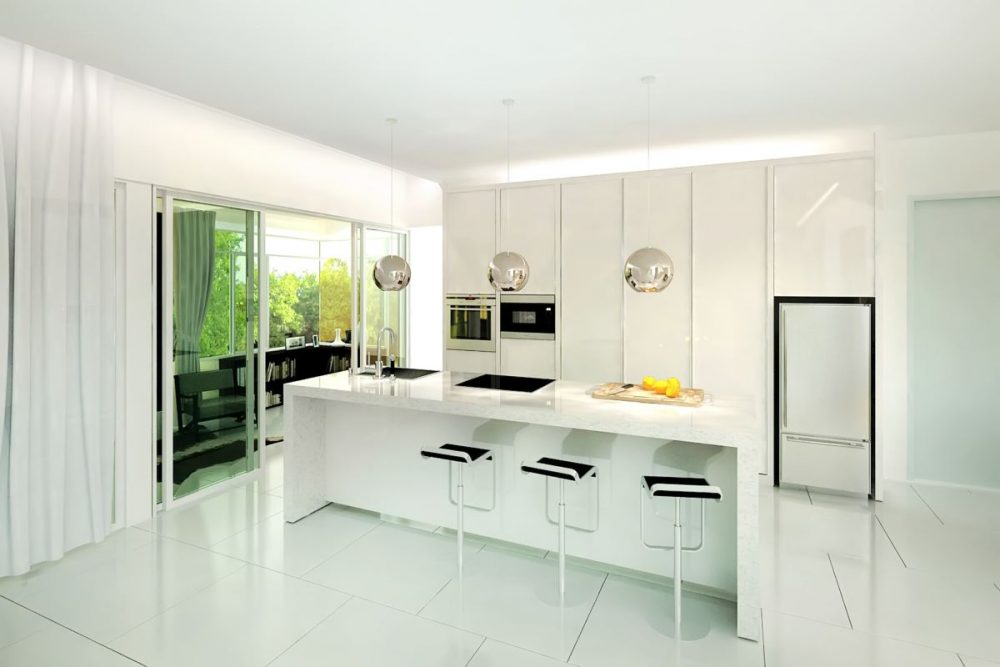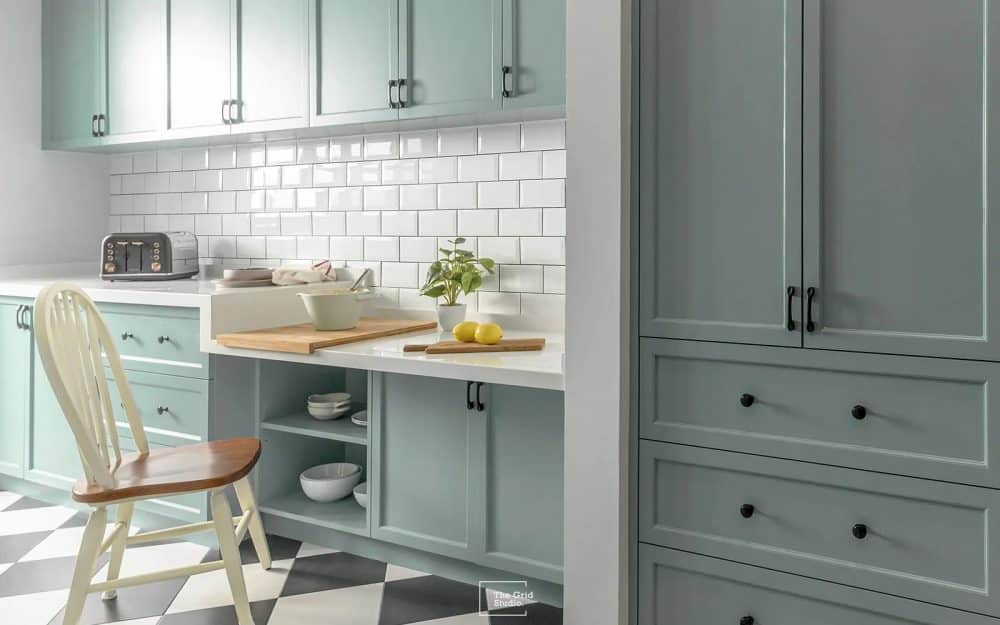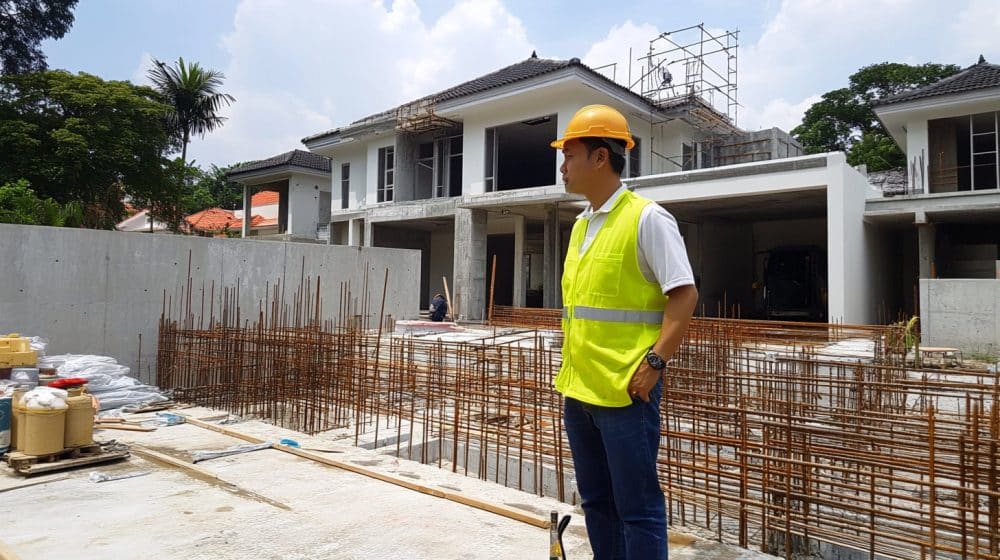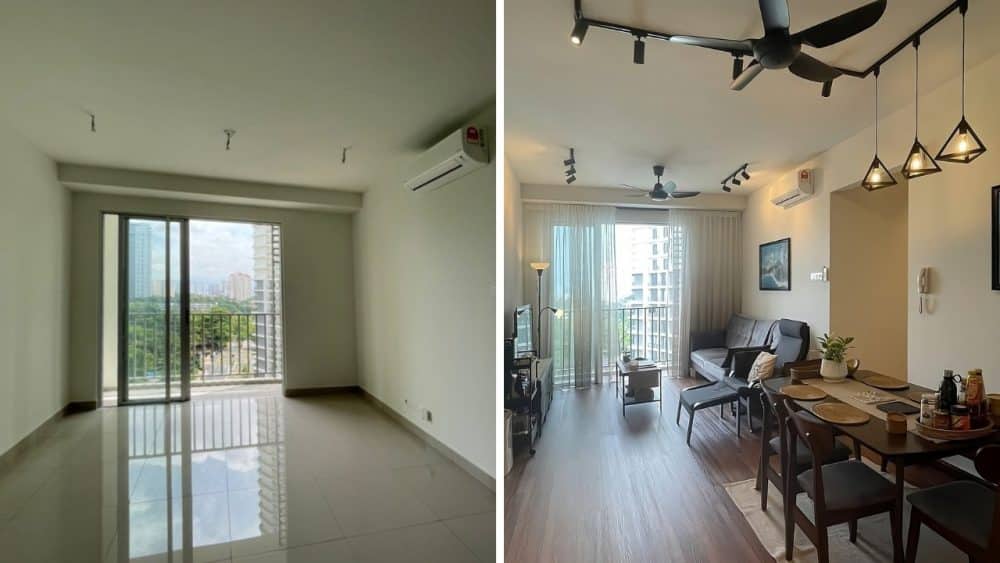What’s the most common thing to consider when buying a home?
Everyone will say that it’s “location, location, location”. And, that’s absolutely true. That’s why all the property ads will always mention if a home is near to highways, near to schools, or near to an MRT station and so on.
Location is not the only factor
Apart from location, what other things should you look out for before making a decision? Common checks could include making sure that there are no defects in the house (our defect checking guide may be useful), and also knowing the maintenance costs upfront, so you can prepare.
But, there are many other not-so-obvious things to look out for, as well. Below are some of the things that homeowners regret doing when they bought their homes:
Table of Contents
1. Forgetting to check if there is mobile service in the neighbourhood
As property developments extend further out from densely populated areas, the mobile service may be weaker.
Of course, you will have broadband Internet at home, but if you have bad 4G coverage the moment you step of your house, it can be very frustrating.
According to OpenSignal (an app that measures mobile signal strength in different locations), some examples of areas with weaker mobile coverage in Klang Valley include Setia Eco Park (Shah Alam), Bandar Tasik Puteri (Rawang) and Bandar Puteri Puchong (see image below).
These are crowdsourced data and not official coverage maps, but they show that it’s important to check if your new home location is covered by your existing mobile provider.
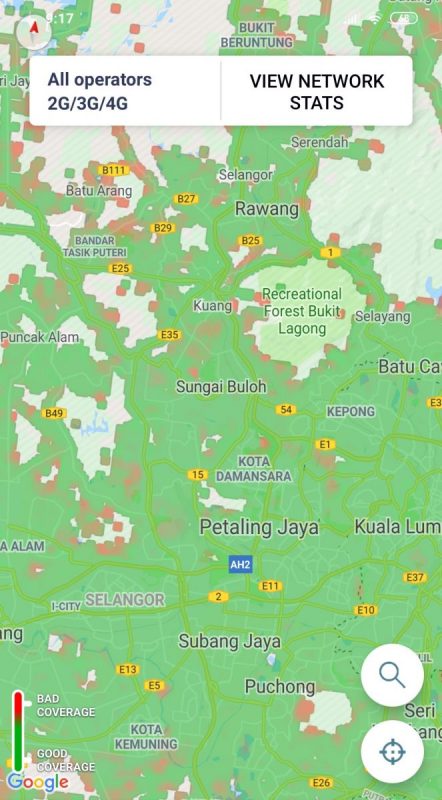
2. Immediately going for the first home loan plan that the property agent or developer recommends
When you are buying a property from a developer, they will usually partner with a bank to offer home loans. The assumption is that the developers have negotiated better rates with the partner bank, but this is not always true.
At the same time, don’t always go for the maximum loan duration (e.g. 35 years). While it does lower your monthly repayments, you may find that changing the duration may not impact your cash flow that badly.
Take an example using an online home loan calculator from RinggitPlus. If you wanted to borrow RM450,000 and want to pay over 35 years vs 20 years, the difference in monthly repayments is around RM700 extra for the 20 year plan. But, the benefit is that you get to pay off your debt faster. For some, this may be a better arrangement.
Already bought your home and need renovation? Visit Recommend.my and tell us about your renovation needs
3. Asking the seller to repair something
If you are buying a resale home, it will usually come with existing fittings such as lights, fans, kitchen cabinets, water heaters, and air-conditioning. Depending on how old they are, they may have a lot of wear and tear. Other areas that may need repair include loose tiles, rotting wooden door frames, dark grout and stained walls.
If you are going to do a full renovation and install new cabinets and appliances, then you don’t have to worry about the existing items.
However, if there are things that you want to keep, such as the air-conditioning, it’s not a good idea to ask the seller to repair them before handing over the house.
The reason is because most sellers will make the repairs in the cheapest way possible, and cut corners to satisfy your requirements. In the end, the repair may not hold, and you will end up spending money to replace it anyway.
Instead of asking the seller to make repairs, or make good on any damaged areas, you should use these problems to try and negotiate the selling price down. Then used the money that you saved to make a proper repair later on.
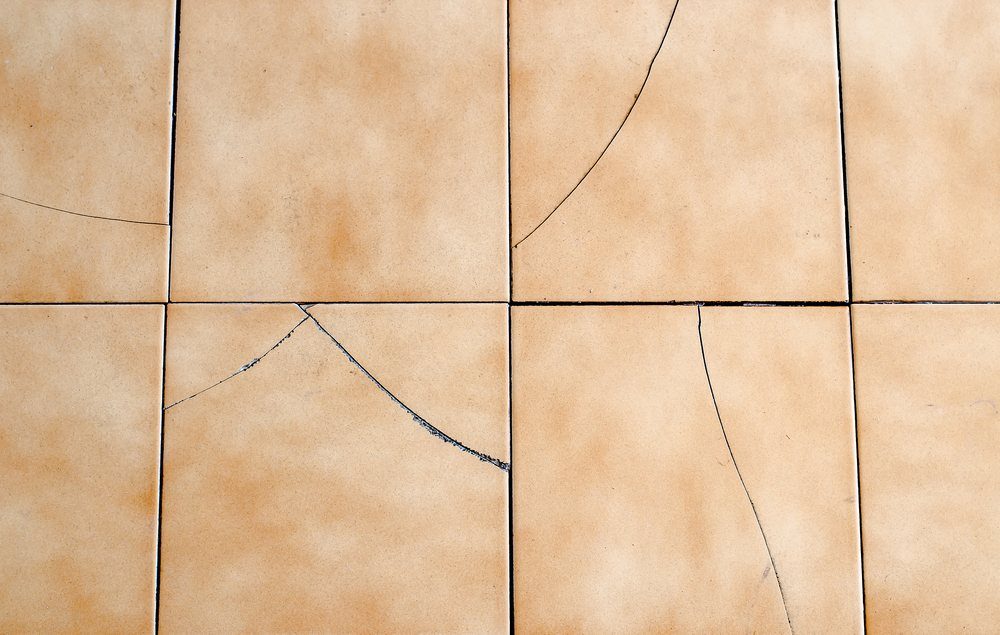
4. Accepting freebies from the seller
This is another highly debated problem. It may be a perfectly genuine and good-hearted gesture. But, in some cases, it could be an excuse for the seller to save money on junk removal.
In one example, the seller told the buyer that the fridge in the kitchen was in good condition, and they will include it with the house. But, after moving in, the buyers discovered that the fridge was leaking, and was hiding termite damage in the cabinets behind it. The buyer then had to pay to rip out the kitchen cabinets, and pay to haul away the fridge anyway.
A general rule when buying a resale house is that the seller should be responsible to remove everything before handing it over.
5. Not spending time in the neighbourhood first
For resale homes, it’s a good idea to get to know the neighbourhood before deciding to buy.
Visit the neighbourhood at different times of the day to get a feel of what it’s like at night, during rush hour, on the weekends, etc. Also visit when it’s raining to see if the area is prone to flooding.
You could also ask around to get a sense of the demographics of the area. For example, how many homes are tenants vs. owners. Or, how many homes are young families, etc.
If it’s a gated community, try to get a sense of how well-run is the management committee. Are people paying their maintenance fees on time? Are the common areas, such as the playground well-maintained?
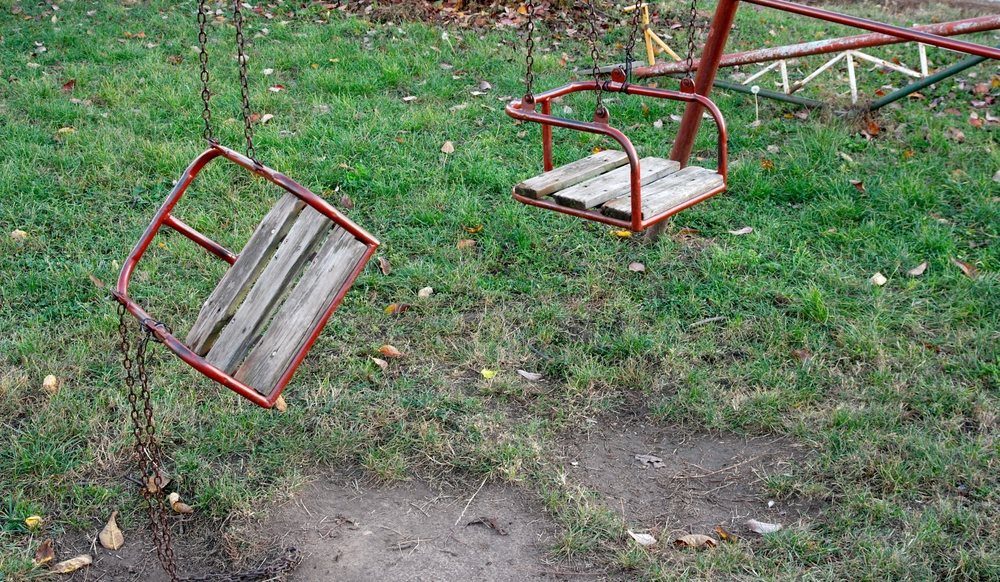
6. Not checking the master plan of the neighbourhood
The home may be located next to an empty field or a forested hill. While this may be desirable, you need to check if there are any plans to develop that area in the near future. You may be unknowingly buying a home that will soon be dwarfed by a 50-storey condominium.
While developments will bring more amenities to the area, it may severely strain the infrastructure. If the neighbourhood is already experiencing regular traffic jams, a new condo will cause further chaos. This is the same reason why residents in Jalan Bukit in Kajang were forced to protest against the development of additional 1800 condo units in the area.
7. Not checking for noises and smells
According to this article, homeowners in Taman Saujana KLIA and Kota Warisan are regretting buying their homes there because of the noise.
Due to its proximity to the airport, the owners are being woken up at 3am from the engine noise of aircraft landing and taking off. At peak times, up to 20 flights can pass overhead within 30 minutes. The noise causes roof tiles and window grilles to vibrate, and car alarms to go off.
Your home may also experience noise if it is situated near highway traffic, schools, sports stadiums, or performance venues. You may prefer to live near Bukit Jalil stadium when Ed Sheeran is performing, but would you want to experience the noise every weekend?
At a more micro level, even living next to a 24-hour mamak may not be everyone’s cup of tea. The noises and activity may bother even the deepest sleeper.
As for the source of unwanted smells, it can come from smoke and chemicals. So, check if you are downwind from a sewer treatment plant, or a recycling factory.

Buying a home is a big decision
Once you have found a house you love, it’s time to turn it into a real home! The next step after taking possession of the house is to renovate it (which can be a big headache on its own).
To make the process of hiring an interior designer or renovation contractor easier, you can visit Recommend.my. Our aim is to make it safer and more convenient to find a designer/contractor that suits your style and budget.
With hundreds of vetted professionals in our system, all you need to is submit your requirements using our online form. Our system will match your requirements to a few suitable pros, who will contact you to arrange a site visit. And, once you hire them, we also offer up to RM100,000 home protection in case of damages, theft, public liability and non-completion of work.
Visit Recommend.my and tell us about your renovation needs.
GET STARTED




